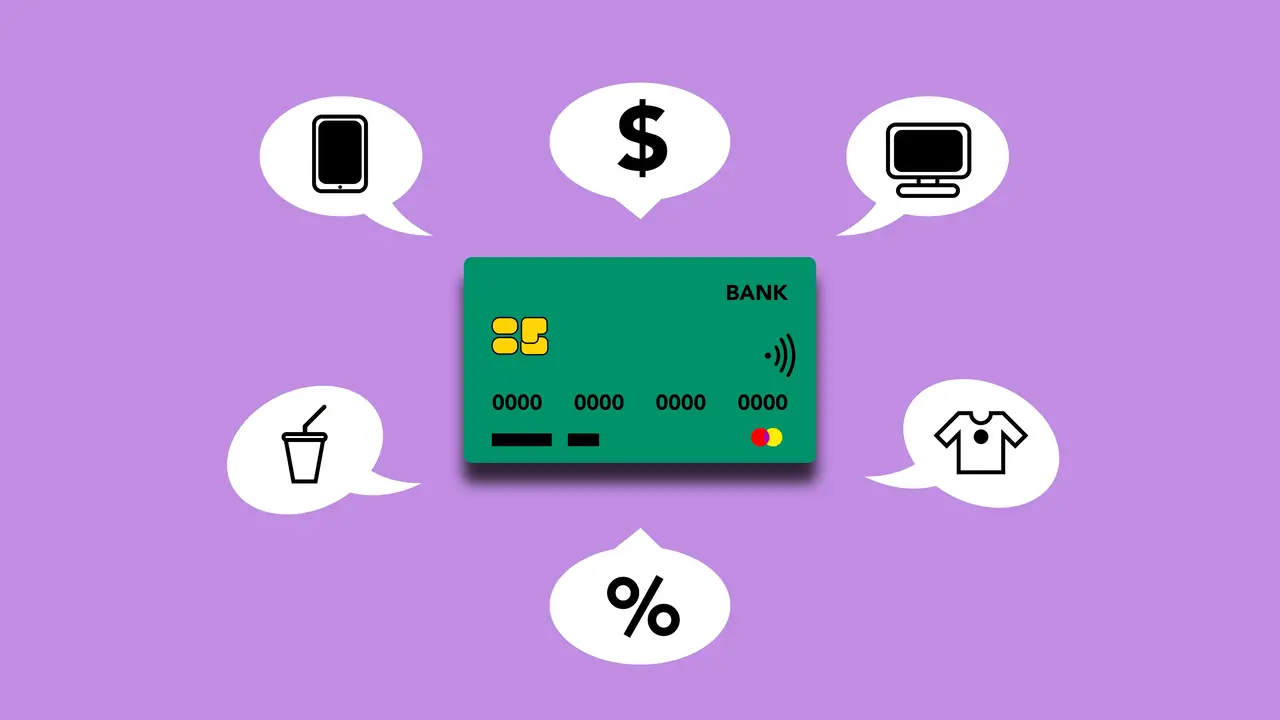How Blockchain Changes Nowadays Enterprise Security
- 1 August 2020
" Having spread to multiple industries already, blockchain is disrupting the world of business. Here’s how blockchain changes nowadays business security. The demand for blockchain technology keeps growing. The size of the blockchain technology market worldwide is projected to grow and eventually reach $23.3 billion by 2025: The number of industries that blockchain has already conquered keeps growing. What Do Businesses Expect from Blockchain Technology? The requirements of Blockchain for business are identity of participants must be known; permissioned Blockchains require no “proof of workâ€; and the scope of permissioned Blockchains is different. Enterprise Blockchain applications can be described in terms of the assets, participants and transactions that are to be shared in the business network. Taken together, these components run on distributed processing systems, that governs how Blockchain applications run. Let’s take a closer look at this reason. What Can Blockchain Offer Businesses in Terms of Security? Blockchain is another name of security. Blockchain is impossible to tamper due to the presence of a hash - a function that enables converting the input of letters and numbers with an encrypted of a fixed length as a result. A slight change in a hash disrupts the whole chain of blocks, which cannot go unnoticed. As blockchain is built on a distributed ledger system, this means that several parties have access to the same blockchain. Thus, any changes in the blockchain cannot go unnoticed without the authorization of all network members. Now, let’s look at the possibilities that blockchain has already introduced to businesses in terms of security. Smart Contracts Businesses are looking for opportunities to secure their data transactions, and smart contracts are the solution they can benefit from. A smart contract is a code built into a blockchain network and is designed to cut the middleman in all data transactions. Smart contracts in their nature are:
- Immutable - once you’ve created a smart contract, you cannot change it or terminate it. All parties of the blockchain network are bound by this contract and cannot change its terms.
- Distributed - the output of a smart contract is validated by all the nodes in the blockchain network. A single node cannot tamper with the smart contract without others spotting this attempt.
How can businesses benefit from smart contracts? Following are benefits of smart contracts for business:
- The detailed description of terms and conditions is the prerequisite to the proper functioning of a smart contract. These details are checked by all the parties bound by this agreement. Moreover, the fact that smart contracts are immutable makes it impossible to change the terms and conditions, thus ensuring complete transparency.
- Because of high transparency, precision, and security, there is no room for manipulation or manual errors, leaving both parties completely satisfied with the results.
- Any condition that is left out of the smart contract can result in an error during the execution process. Smart contracts are executed automatically and will only be executed if all terms and conditions are precise.
Another bonus feature that we can add to these reasons is that smart contracts are paperless and are exist in a digital form only, making them easy to track. Blockchain technology also ensures that all bits of data are copied, so no files and relevant information will go missing. So, in the world, where all business documentation goes digital, smart contracts save the day, as they ensure transparency and precise execution. Decentralized Cloud Storage Blockchain is not only used to enable transparency with smart contracts. This technology plays a crucial role in data storage, revolutionizing the way we keep our data secure from leaks, phishing, and other cybersecurity threats. We all know about cloud computing and centralized servers like Google Disk and Microsoft Azure. These services allow businesses to get extra infrastructural support and outsource the need for data storage, computing power, and data delivery. However, blockchain technology brought along a different opportunity – decentralized cloud storage that has a number of advantages that businesses can benefit from:
- Increased privacy and security.
Decentralized cloud storage uses a process called shard when all the data is broken into sections and distributed among all the nodes. These shards are encrypted with a private key. Besides, a shard is just a fraction of an original file, making it impossible to access the entire content without authorization.
- Data redundancy.
This feature helps prevent data loss. Blockchain technology ensures the creation of extra copies, in case an error occurs when this data is transmitted.
- Reduced expenses.
A decentralized cloud solution costs about 50% less than a centralized server. All these are advantages make businesses consider implementing a blockchain-based security solution. And, the fact that businesses can spend less money on better security solutions means that this cutting-edge technology will soon outcompete centralized cloud servers. "
Power Your Business with Smart AI Solutions
Contact Us Schedule a ConsultationRecent Posts

Building a Scalable SaaS Architecture

Optimizing Banking using AI and Predictive Analysis

Neobanks & Technology: Disruption in Banking Industry

The ultimate guide to Product Design Process
Contact us
Contact us right now and let us be your reliable partner for developing enterprise & web apps.
Contact Us
